
FREE SHIPPING ON
ALL QUALIFYING ORDERS
Enter your email below to join our mailing list:
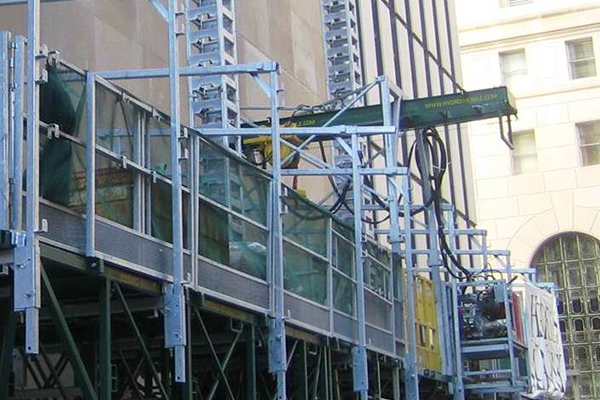
By Kevin O’Shea
On July 3, 2017, the Occupational Safety and Health Administration (OSHA) announced a policy change for monorail hoists in construction, which excludes monorail hoists from the requirements of Subpart CC – Cranes and Derricks in Construction, as long as employers meet other OSHA requirements.
The mast climber industry is delighted with the policy change, and it contains extremely important regulatory requirements of which users and owners of mast climbing work platforms need to be aware, and with which they should comply.
When OSHA released Subpart CC – Cranes and Derricks in Construction in late-2010, the industry was faced with a challenge. The “material lifting device,” which is mounted on a mast climbing work platform, qualified as a crane under the standard (OSHA Letter of Interpretation July 8, 2011, Jim Maddux).
This had serious consequences for owners and users of mast climbing work platforms who use material lifting devices. The new OSHA rule effectively meant that when the Operator Certification section became law, all current and future owners and users would be unqualified to operate mast climber material lifting devices and, alarmingly, would have no method or path to achieve qualification.
The requirement for Operator Certification to a nationally recognized scheme, currently deferred until late-2018, provided no route for the mast climber industry to achieve compliance. This potentially banned the use of material lifting equipment designed to improve safety and productivity. The industry has been working to resolve this issue since 2011.
A path toward resolution
Members of the mast climber industry called three large crane operator training groups in an attempt to obtain operator training for a mast climber material lifting device, or “crane” as it was now designated.
All three entities responded alike, indicating that “no training courses are available, because it isn’t a crane.”
Additionally, because of the limited number of units in the field, it was highly unlikely that demand would stimulate a rethink from nationally accredited crane training entities or industry organizations, since the commercial element to the training was unattractive. This left the mast climber industry in a dilemma. The industry would have no way to train owners and users.
The mast climber industry’s position would place the responsibility on the employer to obtain qualification for operators. By providing this qualification through industry and manufacturer-driven training, both appropriate training and compliance to commonly held industry standards would be achieved. But this achievement seemed a million miles away from reality.
After listening to the issues, OSHA considered the challenges faced by the mast climber industry and other affected industries, and announced a policy change on July 3.
OSHA’s policy change for monorail hoists in construction
The new policy change for monorail hoists dictates that the agency will not cite employers for failing to meet the requirements of Subpart CC, if they meet the requirements of the overhead hoists and general training standards. The general industry requirements for monorail hoists do remain intact.
Dean McKenzie, director of OSHA’s Directorate of Construction, said the enforcement policy is “a commonsense approach to addressing industry concerns while also ensuring workers are protected.”
For construction applications, employers need to consult and comply with the following, according to the policy change for monorail hoists.
Compliance with 29 CFR 1926.554 (Overhead Hoists) is necessary:
The importance of the new policy change for monorail hoists
OSHA’s definition of a “crane” from the 2010 Crane Regulations had a potentially serious consequence for the mast climber industry. The Operator Certification requirement in the regulations, due to become enforced in November 2018, would have created a situation whereby owners and users of material lifting devices on mast climbers would not be qualified to operate them. There would have been no way to achieve qualification/certification. This policy change for monorail hoists by OSHA recognizes the challenges faced by our industry and other affected industries, and has now made it possible to train and certify operators to our own industry standards. Our industry is grateful to OSHA for its consideration and action.
Kevin O’Shea is Director of Safety and Training for Hydro Mobile and is an internationally recognized expert in the powered access industry. With 30 years of experience in rental, manufacturing, safety and training, he also is a representative of three not-for-profit organizations, is involved in industry design committees, and is the recipient of a number of industry awards. Contact him at kevin.oshea@hydro-mobile.com.
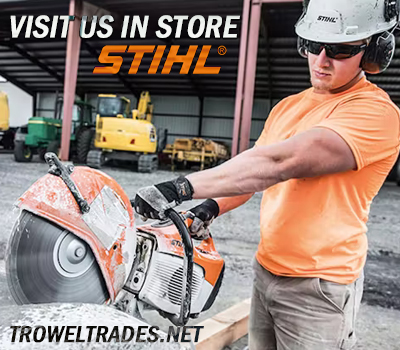

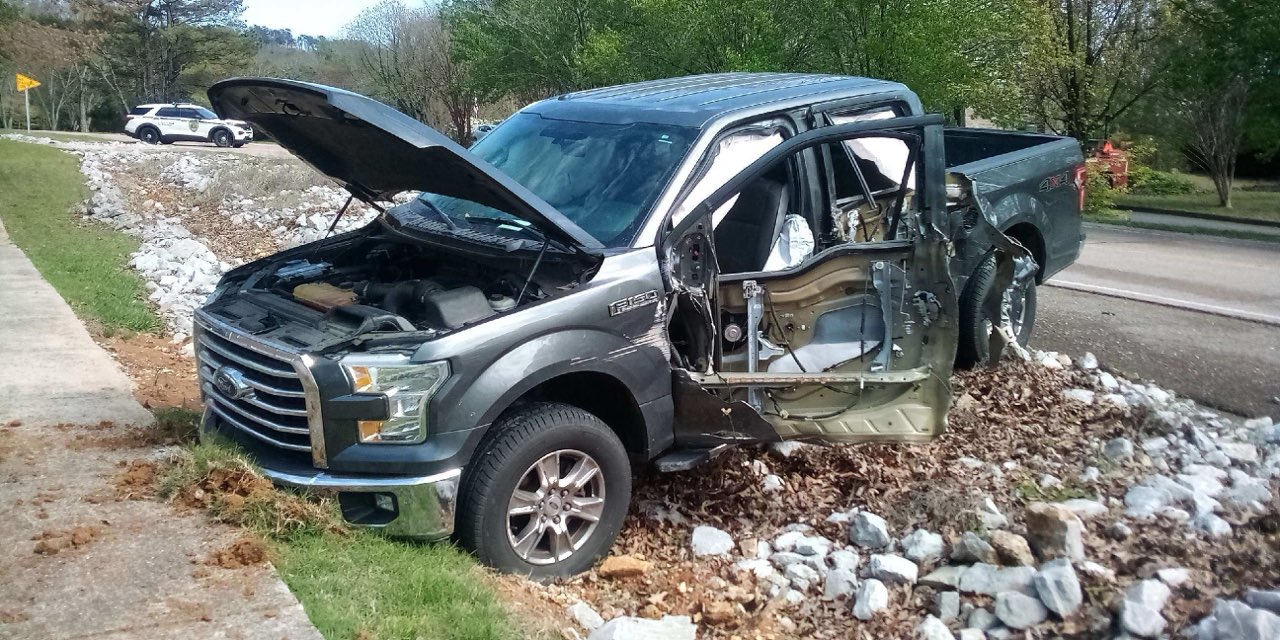
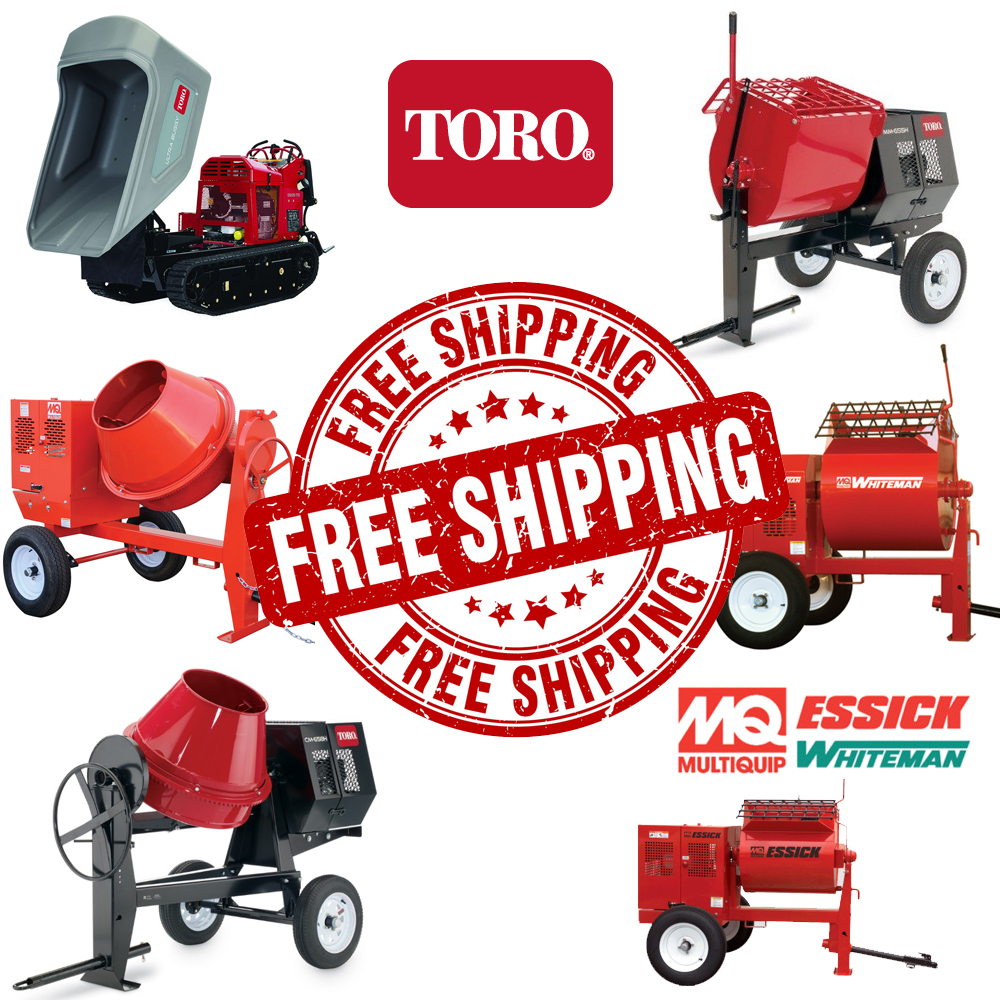
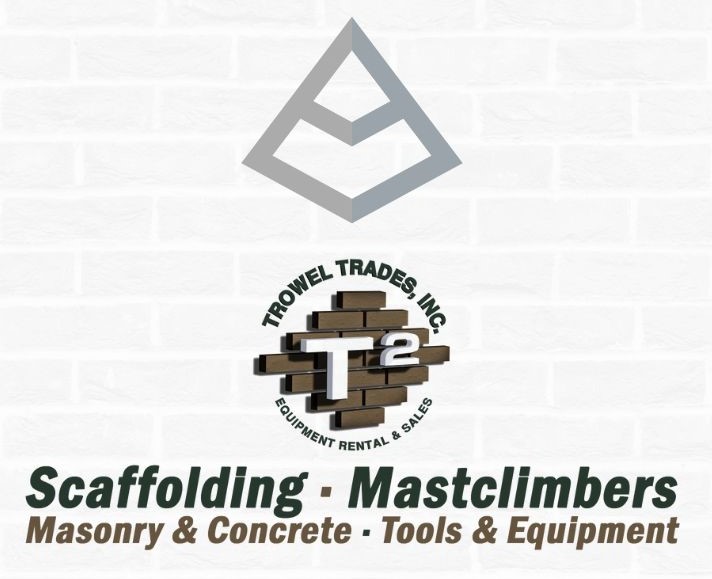
No spam, notifications only about products and updates.

Having dealt with MK Diamond Products and the Delahauts since the mid 1990’s it is sad to hear the news that they have closed their

I’ve told my wife and daughter to never follow a mortar mixer down the interstate. For over 30 years we have sold, rented, and repaired

This question is one of the most frequent mixer related questions our rental staff are asked. Our contractor customers know the importance of using the right tools for the job.

Trowel Trades, a company that specializes in equipment rental, tool retail, repair services, scaffolding and mast climber access solutions, enters the Silver Tier of the Masonry Alliance Program.
Your email was submitted successfully.
YOUR 10% OFF COUPON CODE IS WELCOME10.
See category exclusions below.
Category Exclusions:
Arbortech Brick and Mortar Saw, Compaction, Concrete Mixers, Concrete Walk Behind Saws, Drop Hammers, Grout Hogs, iQ Power Tools, Masonry Block Saws, Masonry Brick Saws, Mast Climbers, Mortar Mixers, Mud Buggy, Saws, Scaffold, Self Dumping Hoppers, Shoring, and Stihl